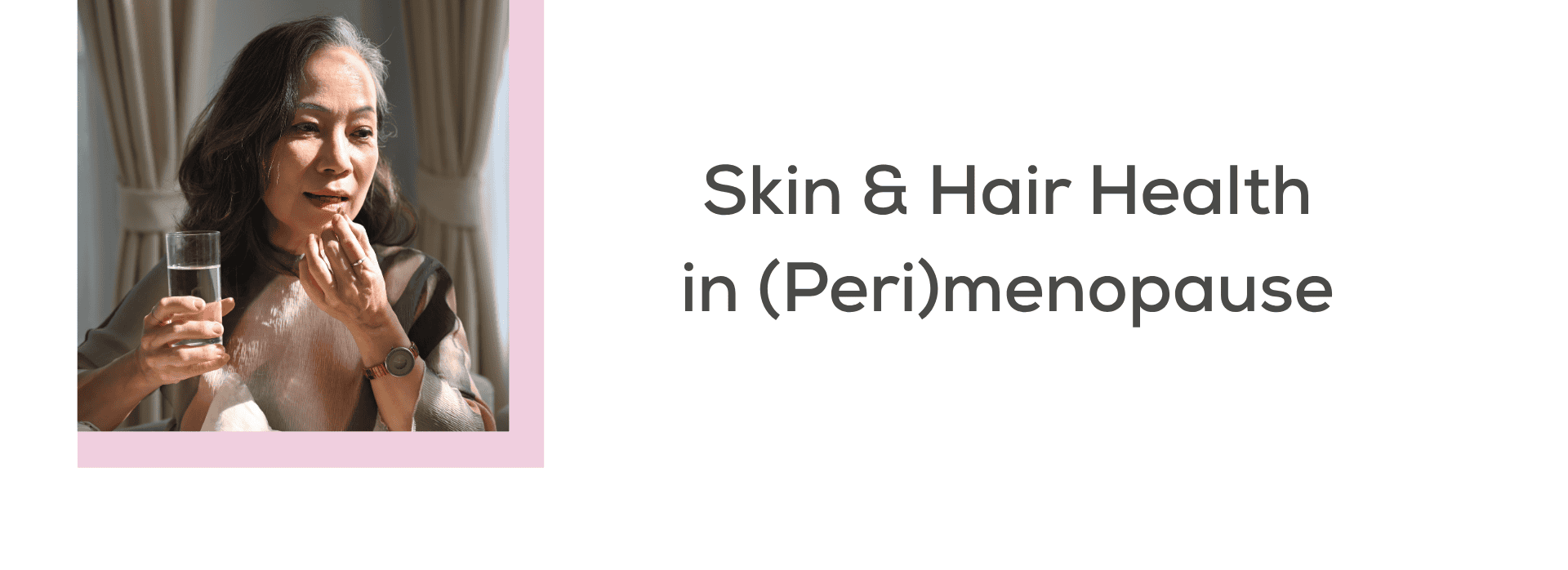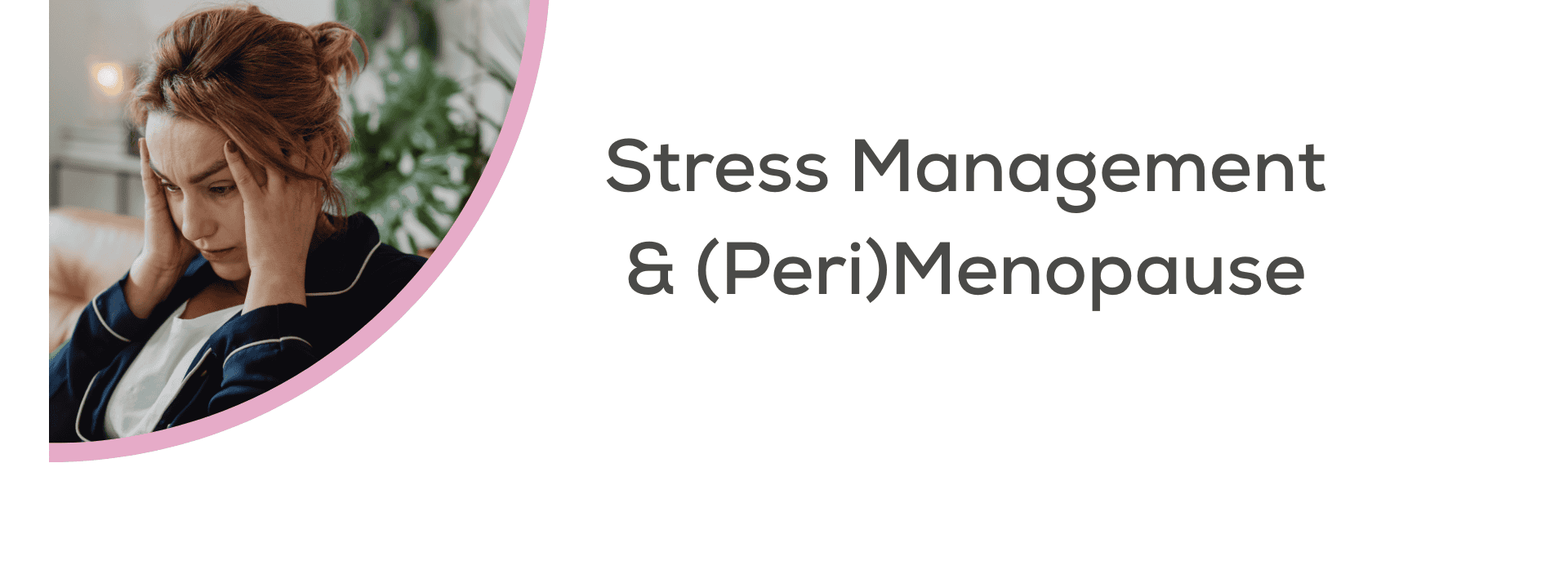Let’s be honest about mental health in menopause.
For too long, there has been an almighty wall of silence and, frankly, ignorance on the part of large swathes of the clinical population when it comes to all things menopause. So asking questions about factors influencing your health and wellbeing would seem a highly advisable and sensible option. However, there are some questions which risk exacerbating the very problem you are trying to get to the bottom of and overcome. That problem is anxiety and all things anxiety related.
I’ll reveal the damaging question shortly.
Before I do, let’s be clear about what I’m referring to when I use the term anxiety.
It’s not just about palpitations, panic, or incessant worrying about the past and the future. In my broader interpretation, anxiety is better understood as a ‘debilitating and unhelpful stress response’. Which means, it encompasses a series of thoughts or behaviours that result in physical or mental discomfort and a release of cortisol and/or adrenaline – in unwarranted situations or places. In short, your body defaults to a stress related response when you’d really rather it didn’t.
This results in a whole host of symptoms that differ from person to person, but stem from the same root cause – your brain’s faulty interpretation of a situation.
In short, it’s decided you’re not safe and it needs to stay on alert. That alert may travel between amber and red status, and you could have become so familiar with this status that you don’t truly become aware of it until the red becomes almost a constant.
Which is why, if you’re struggling with loss of confidence, feeling anxious, overwhelmed, forgetful, unable to concentrate, tired, experiencing brain fog, impaired sleep, worrying about what might go wrong or what did, experiencing mood swings, uncertain about your future and your sanity, you might be justifiably asking yourself – or someone else – the question that someone asked me this morning:
How can I know which is anxiety or depression and which is menopause?
It’s a reasonable enough question on the face of it. And it marks a shift in collective understanding that reveals how we’ve gone from knowing nothing about menopause to wanting to know everything.
Thankfully, the question was asked in an informal Menopause Anxiety café and my guest, who is a coaching client of mine, stepped in with the answer before I could.
It’s the wrong question.
And it’s the wrong question because nobody can unpick whether the original source of your emotional pain comes from depleted ‘feminine’ hormones, or whether it comes from longer standing hardwiring of neural pathways that contribute to worry and low self esteem. Both can result in starving you of calming serotonin or motivating dopamine and both engage in a circular dance, each impacting on the other.
No-one knows where the circle begins. So seeking a clear answer to where it begins can contribute to a sense of frustration or failure, both of which exacerbate the very situation you are trying to resolve.
The question itself sends you round in mental circles that drag you down in a vortex of diminished mental and emotional wellbeing. It’s like trying to remove the milk from your tea of coffee. It’s impossibly pointless.
Ask a different question
What you really want is help that will restore your sanity, your confidence, your self-belief, your joy, and end the overwhelm, forgetfulness, etc.
So your solution may be specialist HRT, specialist therapeutic coaching, a combination of the two, or even something else. The only way to know is to ask, “How can you help me feel better?”
And keep asking.
If you’d like greater clarity, book an Initial HRT consultation with one of the OMC doctors or a Menopause Freedom clarity call with me. Or both.
Shirley Billson is a Menopause Anxiety Coach and Founder of the Mental Wealth Factory




